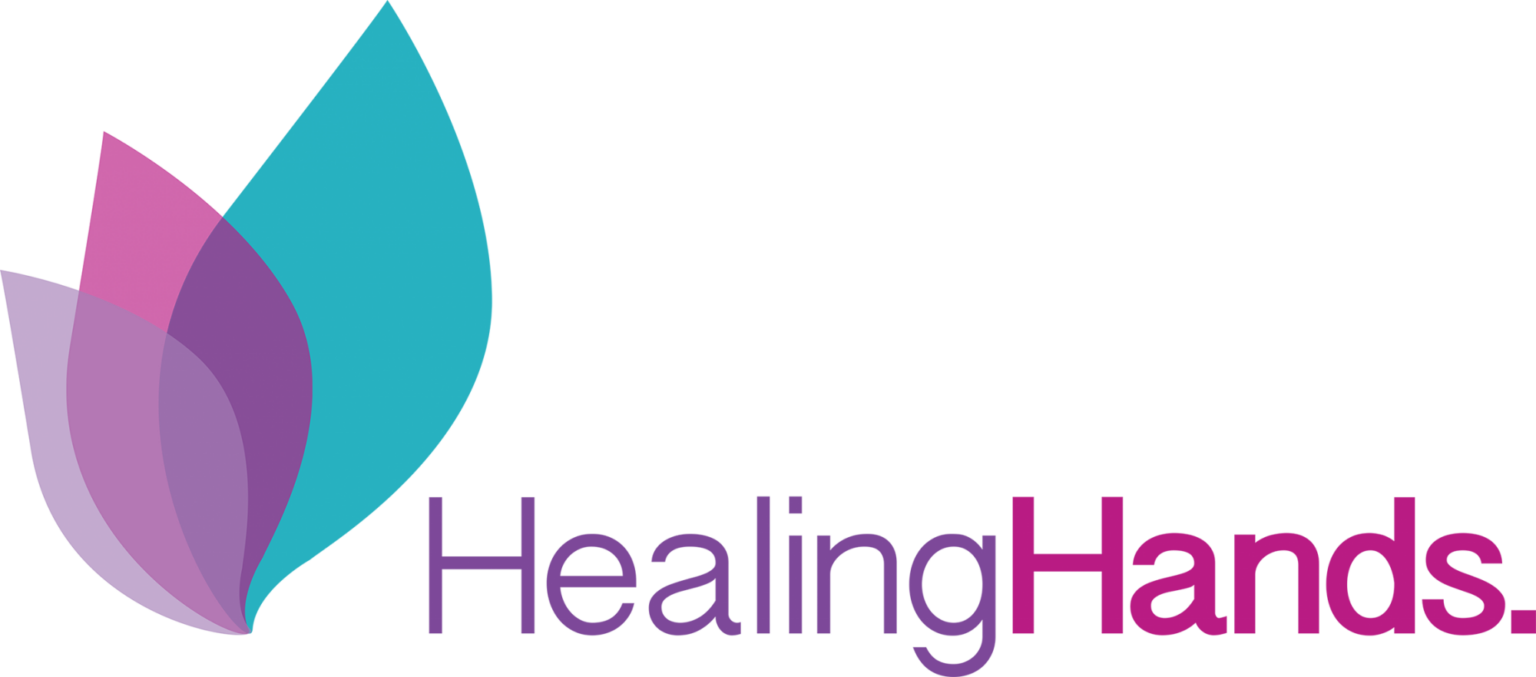It unearthed that a beneficial owner’s likelihood of becoming demanded by platform’s formula increased significantly as his or her average attractiveness rating ran up. This indicates the brand new algorithm are biased to the indicating users who happen to be popular or noticed more desirable to your platform.
“Dating has expanded rapidly – particularly when you look at the COVID-19 pandemic,” noted Soo-Haeng Cho, IBM Professor out of Operations Administration and you can Strategy on Carnegie Mellon’s Tepper School from Team, who coauthored the research. “No matter if matchmaking platforms create users for connecting with others, questions regarding fairness within testimonial algorithms are nevertheless.”
Pages subscribe internet dating platforms to acquire matches, nevertheless the organizations performing the platforms must also make revenuepanies return using ads, subscriptions, and also in-application sales
Therefore, networks could possibly get seek to keep users engaged on the systems rather than simply enhancing the chances of finding the prime person.
The fresh new researchers depending a design to research this new incentives getting networks to suggest common users more frequently when the mission is to maximize revenue otherwise maximize matches. In their design, it utilized the objective method (that’s whenever well-known and you may unpopular pages see equal opportunities to getting required so you can anybody else) as their benchmark to have equity examine prominent and you will unpopular users’ coordinating odds. The study implies that objective recommendations usually cause notably straight down revenue towards the relationships program and a lot fewer matches. For the reason that preferred pages boost the system make much more estancia en el sitio web money because of the improving users’ wedding (as a result of a lot more wants and you can texts delivered). As well, well-known profiles increase the program build more productive suits for as long as they do not end up being so choosy that they’re viewed to be unrealistic to help you lesser known users.
The research along with discovered that prominence prejudice tends to be lower whenever a deck is in the early stage out-of gains given that a great higher matches speed will help generate an effective platform’s reputation and you can offer from inside the new registered users. However,, just like the program develops, the interest may move to help you boosting revenues, resulting in even more prominence bias.
“The conclusions suggest that a matchmaking program increases cash and you will users’ possibility of selecting relationships couples in addition,” explains Musa Eren Celdir, who had been a great Ph.D. college student at Carnegie Mellon’s Tepper College off Organization when he led the study. “Such platforms are able to use the results to understand member choices and they can fool around with our design to switch their testimonial assistance.”
“All of our functions leads to the study on on the web complimentary networks of the understanding fairness and you can bias within the testimonial possibilities and by strengthening an excellent this new predictive design so you can estimate users’ conclusion,” states Elina H. Hwang, Associate Professor of data Options from the College from Washington’s Promote School out-of Organization, who and coauthored the study. “Although we worried about a certain relationship system, our model and you can data applies to many other complimentary networks, where the system helps make suggestions so you’re able to their pages and you may pages have different attributes.”
A new study keeps discovered that algorithms used by internet dating systems keeps prominence bias – and therefore they strongly recommend a lot more popular, attractive profiles over less popular, smaller attractive users
The fresh scientists recommend that internet dating programs become more clear which have pages about the formulas performs. They also listed more studies are called for about how to harmony user fulfillment, funds needs and you will moral algorithm design.
Described from an article in the Creation & Service Businesses Government, Dominance Bias in Dating Programs: Concept and Empirical Research of the Celdir, Me (previously on Carnegie Mellon College or university, now during the Joined Air companies), Cho, S-H (Carnegie Mellon School), and you may Hwang, EH (College of Washington). Copyright 2023 Tells. All of the rights kepted.

